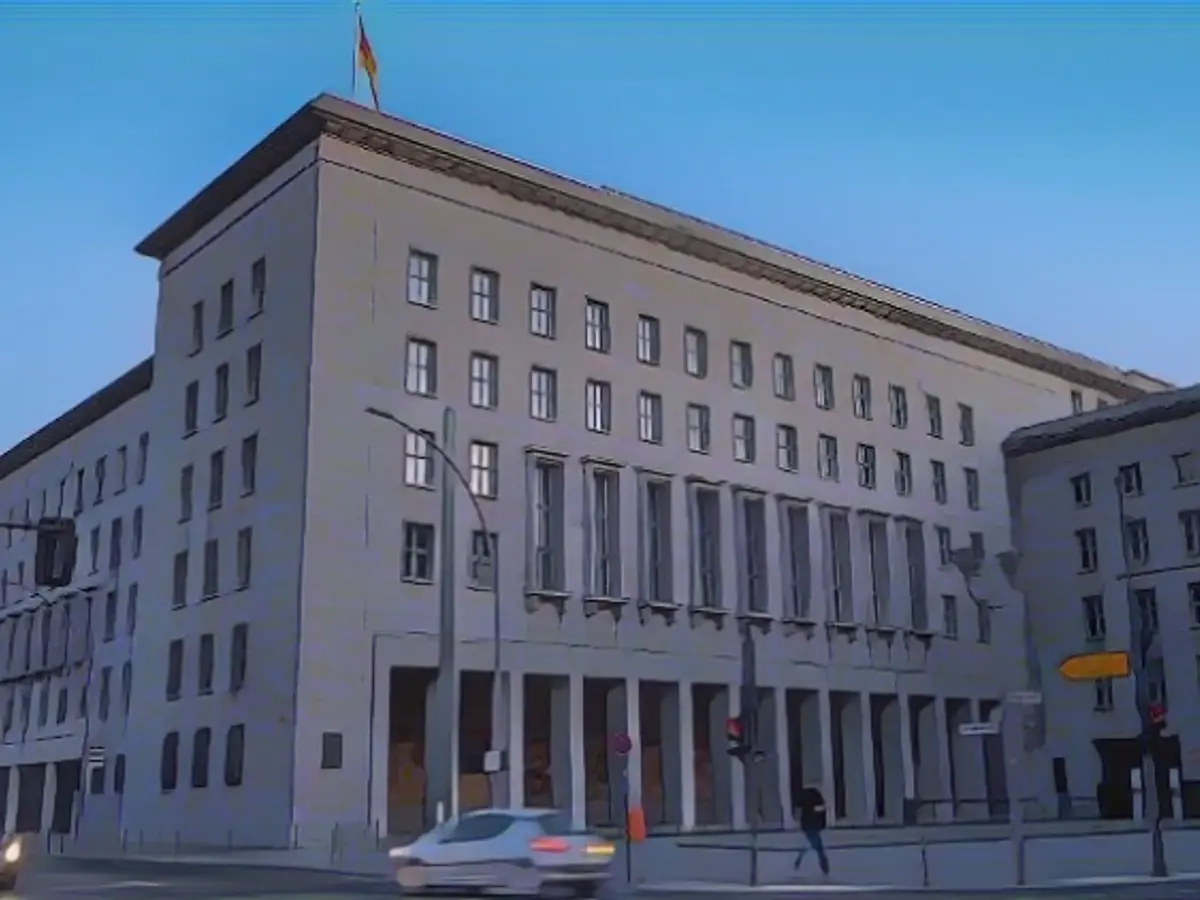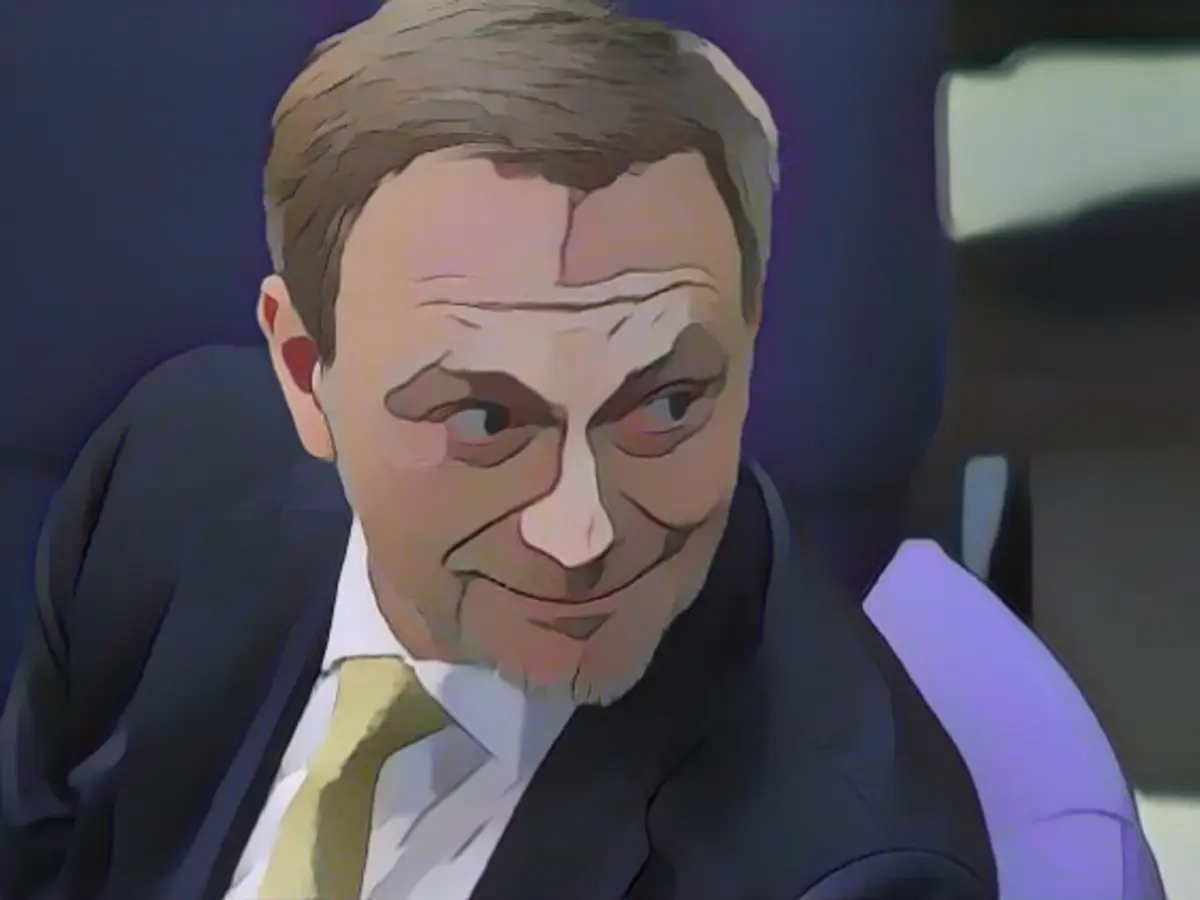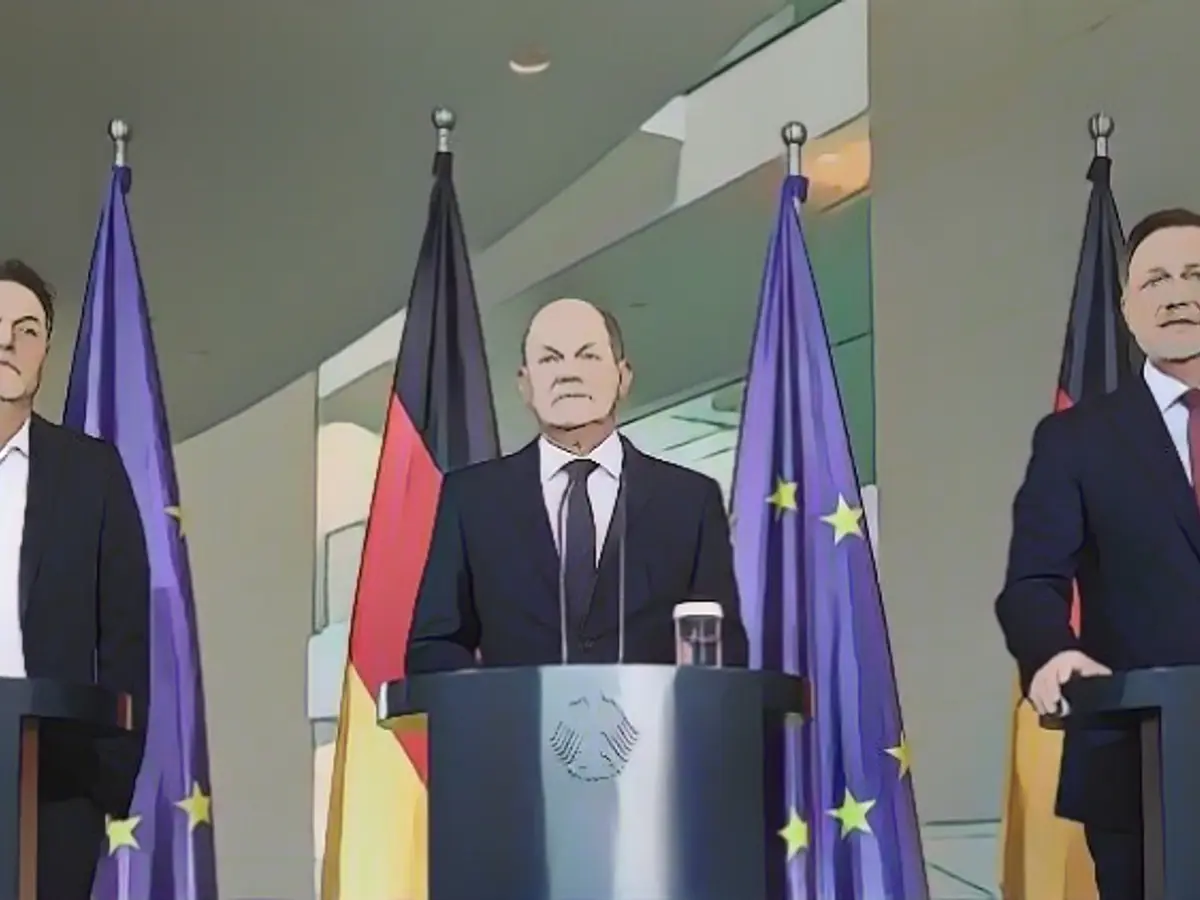Ministry of Finance Implementing Widespread Budget Restraints
The German Finance Ministry is implementing far-reaching restraints on public spending, extending a budget freeze that initially targeted the Climate and Transformation Fund, following the ruling of the Federal Constitutional Court on the debt brake.
State Secretary for Budget Werner Gatzer of the Finance Ministry confirmed the extension late last night, stating the move aims to prevent any advance payments for future fiscal years. Existing liabilities will be honored, but no new obligations can be incurred, he added. Other government officials also emphasized the agreement on this course of action.
In his official statement, Gatzer announced the intent to halt all available commitment appropriations from sections 04 to 17 and 23 to 60 of the 2023 federal budget, effective immediately. This move aligns with paragraph 41 of the Federal Budget Code, which governs budget freezes. Consequently, almost the entire federal budget falls under this restriction, with some exceptions for special individual cases.
Impacts of the Constitutional Court Ruling
On the day of the ruling, Federal Finance Minister Christian Lindner imposed a budget freeze on the Climate and Transformation Fund (KTF). The Court's decision made it necessary for the federal budget to reassess its overall financial situation. Gatzer indicated that special individual cases requiring the release of commitment appropriations might be considered under "objectively and temporally unavoidable needs."
The Federal Constitutional Court's ruling on the debt brake further tightened application, restricting the federal government's flexibility during economic downturns. The judgment resulted in a critical budgetary and political crisis. In response, the finance minister implemented budgetary restraints, drawing criticism from some quarters, while others praised the commitment to fiscal responsibility.
Source:
Enrichment Data:
The Federal Ministry of Finance's actions to extend the budget freeze are driven by several reasons:
- Restrictions on Debt Brake: The Constitutional Court's ruling on the debt brake tightens the application of fiscal rules, making it harder for the government to justify exceptions.
- Political and Fiscal Crisis: This ruling led to a significant budget and political crisis, forcing the ruling coalition to disintegrate.
- Austerity Measures by Finance Minister: The finance minister implemented austerity measures to reduce spending and adhere to the debt brake, affecting government expenditures in various sectors.
- Future Coalition Negotiations: As the most likely coalition configurations for the next election include the CDU/CSU with either the SPD or the Greens, the question of debt brake reform remains contentious.
- Economic Stability vs. Investment Needs: Critics argue that overly strict debt brake rules can hinder public investment in areas such as infrastructure, climate change mitigation, digitalization, and education, ultimately harming future generations. Supporters counter that keeping debt levels low maintains economic resilience and prevents future financial crises.
These factors motivate the Finance Ministry's decision to extend the budget freeze, affecting numerous budgetary allocations and potentially raising debate among the German electorate.








